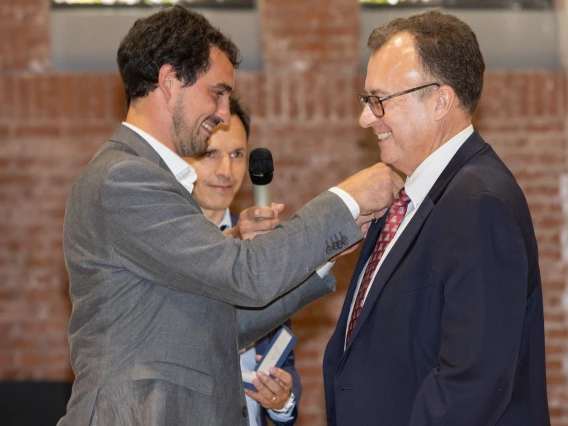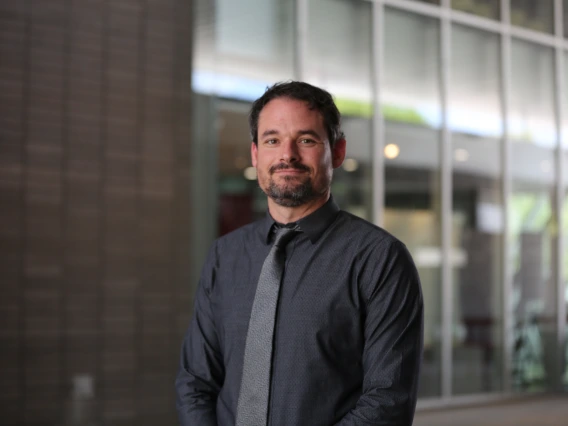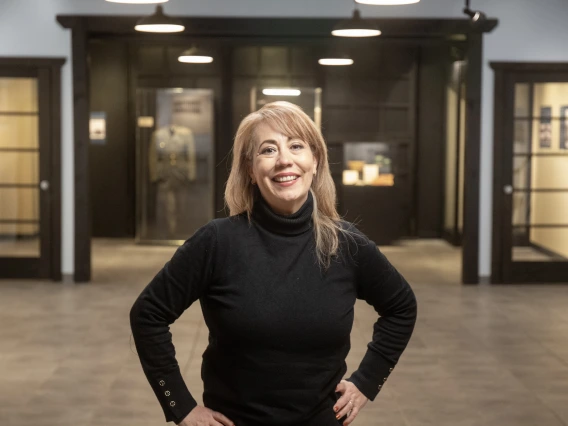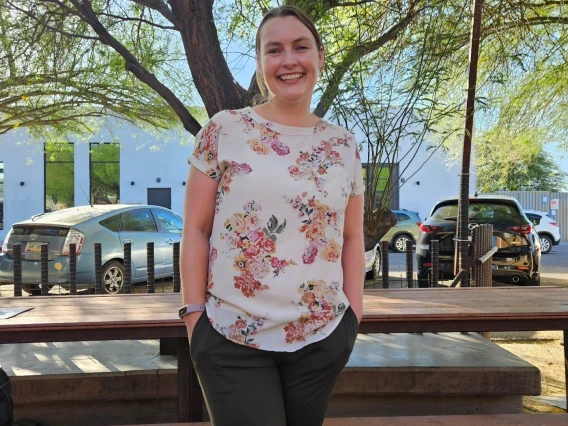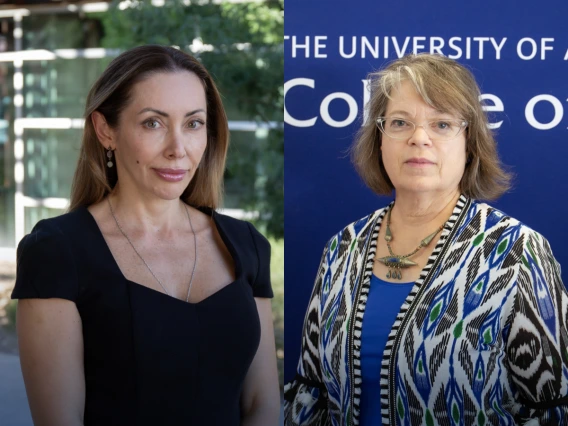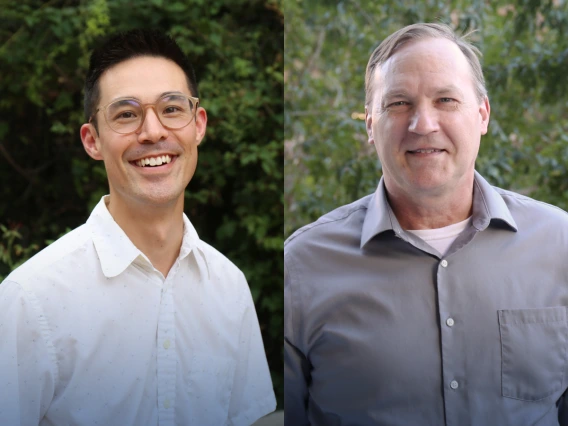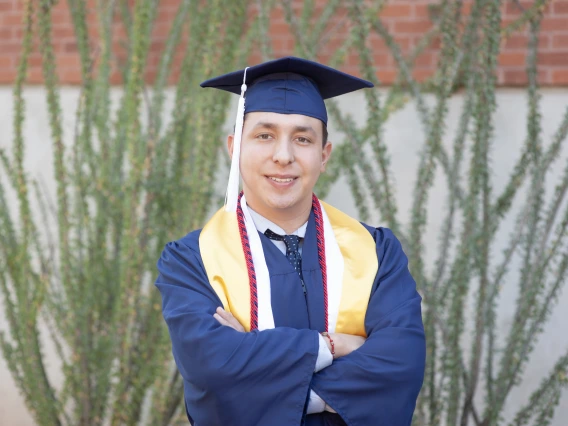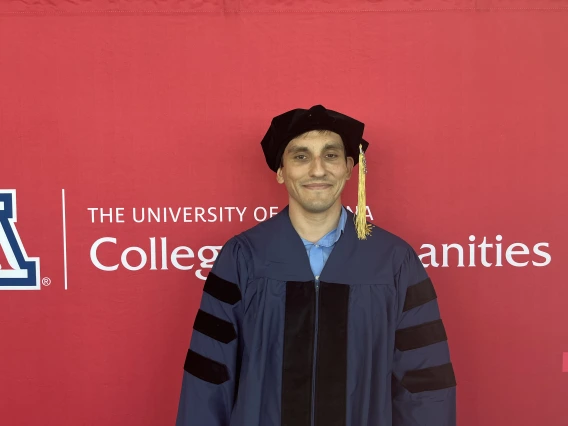Prof. Mouzet Receives Research & Entrepreneurialism Award
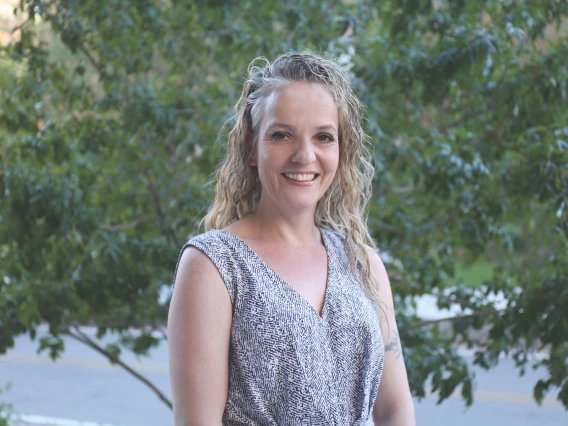
Having seen the potential and effectiveness of interactive theater in addressing challenges and difficult issues, Aurélia Mouzet is launching a new project to use theater as a forum for developing new ideas for inclusivity in education.
Mouzet, Associate Professor in the Department of French and Italian, is awarded the Dorrance Dean’s Award for Research and Entrepreneurialism for her project, “Forum Theater as a Tool for Inclusive Curriculum Design.” The award is part of the Fearless Inquiries Project and will support Mouzet’s project with $20,000 in funding.
The project is a continuation of Mouzet’s long-running theater program, Talk-it-OUT! One previous Talk-it-OUT! project, “History in Action,” which worked with high school students, using interactive theater to revisit and ‘restage’ the enduring questions raised by events and to work toward new and relevant ways of thinking about them. Other partnerships include local organizations like the Iskashitaa Refugee Network and St. Luke’s Assisted Living Community, which use interactive theater to stimulate discussion about real-life dilemmas in a safe environment.
Teaching theater for social justice to a group of students, one of whom is blind, led Mouzet to design the current project, using theater to stage different explorations of how to design and implement inclusive practices in the classroom.
“There is something magic about theater because it’s so effective in bringing us together. Forum theater, a technique of Augusto Boal’s Theater of the Oppressed, aims to use theater as a tool for understanding and finding solutions to social and personal issues,” Mouzet said. “By stimulating discussion about real-life dilemmas in a safe environment, Forum Theater leads to improved self-awareness, empathy and social equality.”
The Forum Theater project will include a series of on-campus workshops, open to the public but specifically aimed at educators and future educators.
The first, in spring 2025, will be “Visual Impairment Awareness Training.” Mouzet and a student who is blind will lead the workshop, developing skits about the types of challenges that visually impaired students have on a daily basis. The audience will then be invited to re-perform aspects of the skits, but work on adding ways to improve the situations.
The other workshops will follow:
Summer 2025: “Inclusive Curriculum Design and Assessment Practices: A Forum Theater.”
Fall 2025: “Performing Arts, Education, and Social Justice.”
Spring 2026: “Project Assessment and Future Needs.”
The project’s ultimate goals are to promote diversity and inclusion; train education and theater professionals, as well as students in these fields, to think creatively about inclusive curriculum design; improve accessibility in education for students with disabilities in Tucson; promote interdisciplinary collaboration among educators; and provide U of A students with internship and research opportunities in the fields of artistic activism, education and disability studies.



